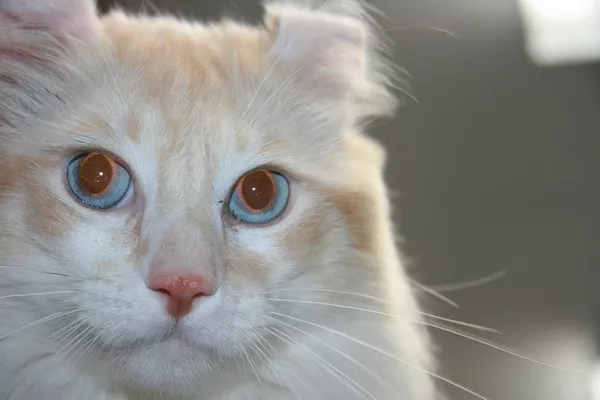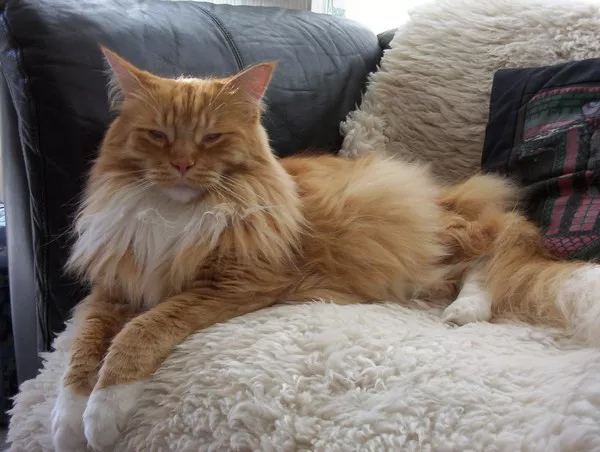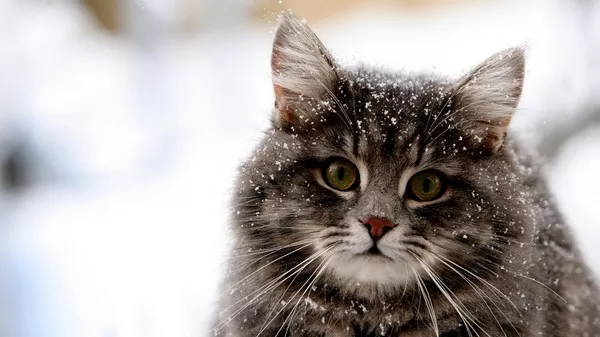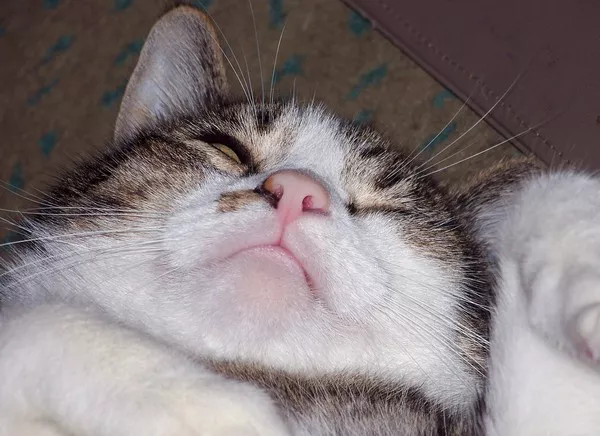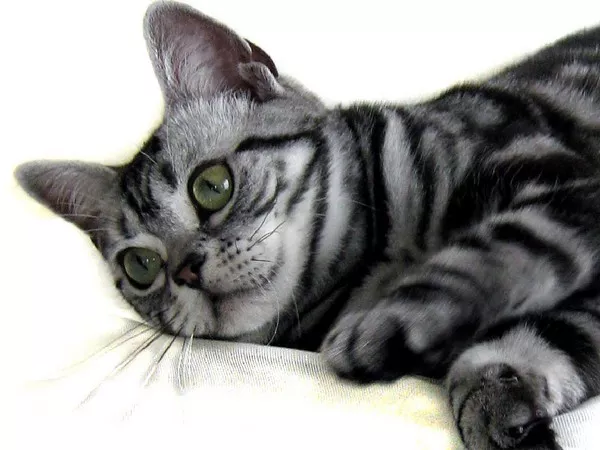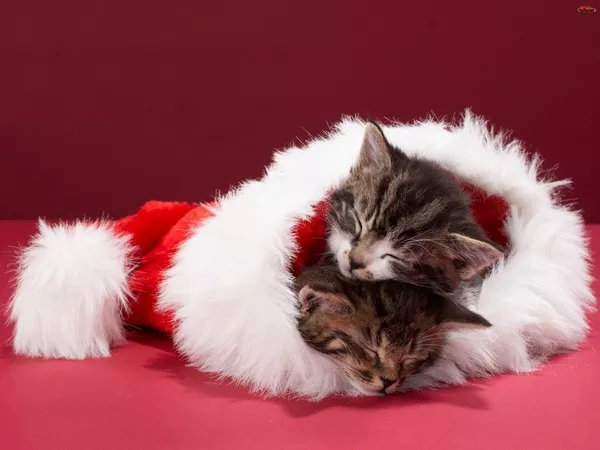In the realm of feline companionship, the American Shorthair stands out as a beloved breed known for its friendly disposition, adaptable nature, and striking appearance. Cat owners often find themselves pondering the depths of their pets’ emotions, including whether American Shorthair cats are capable of experiencing jealousy. In this comprehensive exploration, we delve into the fascinating world of feline behavior, unraveling the complexities of jealousy and its potential manifestations in American Shorthair cats.
Understanding Feline Emotions: The Complex World of Cat Feelings
Before delving into the specific question of whether American Shorthair cats experience jealousy, it’s crucial to understand the broader context of feline emotions. While cats may not express emotions in the same way humans do, they are sentient beings capable of experiencing a wide range of feelings, including joy, fear, anxiety, and yes, jealousy. Like humans, cats have unique personalities and temperaments that influence how they perceive and respond to the world around them.
Defining Jealousy: What Does it Mean for Cats?
Jealousy is a complex emotion characterized by feelings of envy, resentment, or insecurity in response to a perceived threat or loss. While jealousy is commonly associated with humans, research suggests that animals, including cats, may also experience variations of this emotion. In the context of feline behavior, jealousy may manifest as possessiveness, territoriality, or aggression directed towards perceived rivals for attention, resources, or affection.
1. The American Shorthair: Traits and Temperament
The American Shorthair is a breed known for its laid-back demeanor, affectionate nature, and adaptability to various environments. These cats are prized for their sturdy build, round faces, and expressive eyes, making them popular choices for families seeking a friendly and low-maintenance companion. American Shorthairs are known for their independent streak, but they also enjoy spending time with their human companions and forming strong bonds with their families.
2. Do American Shorthair Cats Get Jealous? Exploring the Evidence
While there is no definitive scientific evidence to prove that American Shorthair cats experience jealousy in the same way humans do, many cat owners have observed behaviors in their pets that suggest a form of jealousy or possessiveness. These behaviors may include:
1. Attention-Seeking: American Shorthair cats may become more vocal or demanding of attention when they perceive their owners paying attention to another pet or person.
2. Aggression: In multi-pet households, American Shorthair cats may exhibit aggressive behaviors towards other pets, such as hissing, growling, or swatting, when they feel their territory or resources are being threatened.
3. Clustering: Some American Shorthair cats may exhibit “clustering” behavior, where they insist on being near their owners or monopolizing their attention, especially in the presence of other pets or visitors.
While these behaviors may suggest a form of jealousy or possessiveness, it’s essential to consider other factors that may contribute to these reactions, including fear, anxiety, territoriality, or resource guarding.
3. Understanding Triggers: What Provokes Jealousy in American Shorthair Cats?
Several factors can trigger feelings of jealousy or possessiveness in American Shorthair cats, including:
1. Competition for Resources: American Shorthair cats may become jealous when they perceive competition for resources such as food, water, toys, or sleeping areas.
2. Attention from Owners: Cats are territorial animals and may become jealous when they perceive their owners giving attention or affection to another pet or person.
3. Changes in Routine: Disruptions to a cat’s routine or environment, such as the addition of a new pet or family member, moving to a new home, or changes in household dynamics, can trigger feelings of insecurity or jealousy in American Shorthair cats.
Understanding these triggers and addressing underlying issues can help mitigate feelings of jealousy and promote harmony in multi-pet households.
4. Tips for Managing Jealousy in American Shorthair Cats
While it may not be possible to eliminate feelings of jealousy entirely, there are several strategies cat owners can employ to help manage and minimize these emotions in their American Shorthair cats:
1. Provide Adequate Resources: Ensure that each cat has access to their own food, water, litter box, and other essential resources to prevent competition and reduce feelings of jealousy.
2. Maintain Consistent Routines: Stick to a regular feeding schedule, playtime routine, and grooming routine to provide structure and predictability for your American Shorthair cat.
3. Offer Individual Attention: Spend quality one-on-one time with each of your pets to reinforce their bond with you and prevent feelings of jealousy or neglect.
4. Provide Enrichment Activities: Keep your American Shorthair cat mentally stimulated and engaged with interactive toys, puzzle feeders, and environmental enrichment activities to prevent boredom and reduce stress.
5. Address Underlying Issues: If your American Shorthair cat’s jealousy or possessiveness is causing behavioral problems or conflicts with other pets, consider consulting with a veterinarian or professional animal behaviorist for guidance and support.
By understanding the triggers of jealousy and implementing proactive strategies to address them, cat owners can help promote a harmonious and stress-free environment for their American Shorthair cats and foster strong bonds of trust and affection between pets and their human companions.
Conclusion: Nurturing Harmony and Understanding in Multi-Pet Households
In conclusion, while American Shorthair cats may exhibit behaviors that suggest feelings of jealousy or possessiveness, the extent to which they experience these emotions remains a topic of debate among cat behavior experts. While there is anecdotal evidence to suggest that cats, including American Shorthairs, may experience variations of jealousy in response to perceived threats or competition, it’s essential to consider individual differences in temperament, upbringing, and socialization when interpreting feline behavior.
By providing a nurturing and enriching environment, addressing underlying issues, and fostering positive relationships between pets, cat owners can help minimize feelings of jealousy and promote harmony in multi-pet households. Whether lounging in the sun or engaging in playful antics, American Shorthair cats bring joy and companionship to their human families, reminding us of the deep emotional connections we share with our beloved pets.

